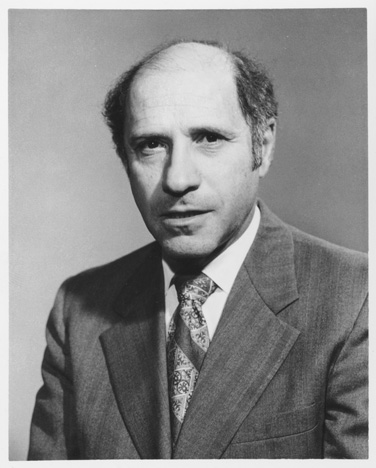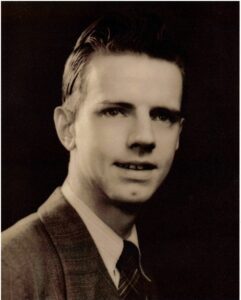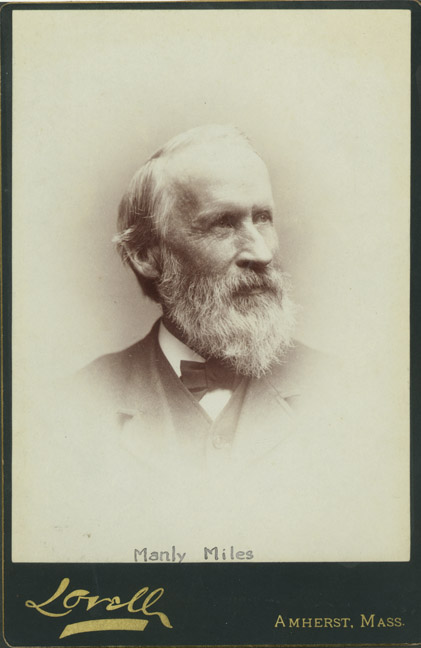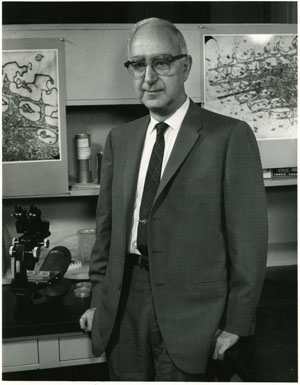Joseph S. Marcus Papers

Joseph Sol Marcus arrived at UMass in 1948 as an Instructor in Civil Engineering and graduate student (MS 1954), remaining there for the rest of his career. Born in Oct. 29, 1921, he was educated at Worcester Polytech (BS 1944) and after war-time service with the Navy, he joined the rapidly growing engineering program at UMass. Although chemical engineer, he took responsibility for the fluid mechanics laboratory and taught in civil and mechanical engineering, and after gaining experience through courses from the Atomic Energy Commission and a year spent at Oak Ridge National Laboratories, he introduced nuclear engineering into the curriculum. As he rose through the academic ranks, Marcus became a key figure in university administration, serving as Associate Dean of Engineering, as preceptor for Emily Dickinson House on Orchard Hill, and Special Assistant to the Chancellor for long-range planning, while serving on committees for military affairs, Engineering hopnors, transfers and admissions, discipline, and Continuing Education. Marcus died of cancer on Nov. 1, 1985. Marcus Hall was named in his honor.
The Joseph Marcus Papers document Marcus’s extensive involvement in campus affairs at UMass Amherst, with an emphasis on the period 1965-1975. A small quantity of material relating to his profession activities and academic appointments is joined by well organized files relating to his participation in committees of Engineering honors, Military Affairs (1967-1968), the Orchard Hill residential college and Emily Dickinson House (1964-1969), ROTC and AFROTC curricula, transfers and admissions, the library, Upward Bound, Discipline (1964-1971), and Continuing Education (1970-1977).




